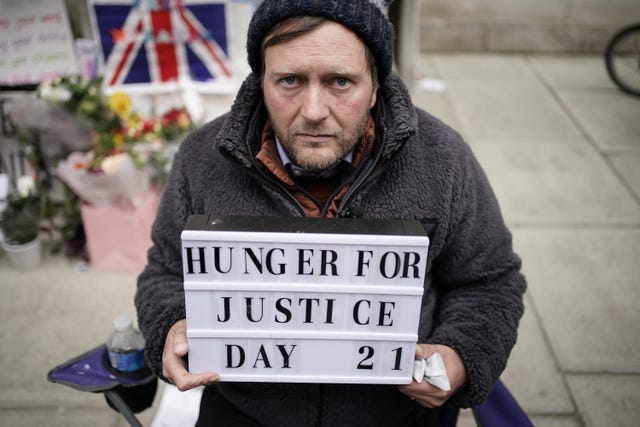Schools are seeing “very severe low attendance” among pupils and teachers ahead of the Christmas break as the Omicron variant spreads across the country, a headteachers’ union has warned. Geoff Barton, general secretary of the Association of School and College Leaders (ASCL), said one school has had around 25% of its staff off for three weeks amid Covid-19.
His comments come amid reports that some schools and colleges have switched to remote lessons in the run-up to Christmas while some parents are choosing to keep their children off school due to concerns.
“Pockets of very severe low attendance”
Barton told BBC Radio 4’s Today Programme:
Listening to the speculation and the news, and certainly the emails I’ve been getting from members, you are getting some pockets of very severe low attendance, partly young people, partly staff.
One (school) has emailed me this morning saying 25% of staff have been off for three weeks, you can imagine if you can’t then get supply teachers that becomes very difficult to maintain the quality of education.
The NASUWT teaching union has called on the government to stagger the return of pupils to schools in January – and to publish guidance advising schools and colleges to cancel or postpone non-essential activities and events before Christmas – amid the spread of the Omicron variant.
The union adds that guidance should make clear the actions that schools can take when dealing with “compromised” staffing levels – including sending pupils home where provision cannot go ahead safely. However, Downing Street has said schools should not be closing early for Christmas unless they have been told it is “necessary” on public health grounds.
Schools remain open as some move online
The prime minister’s official spokesman indicated that schools would be kept open unless there is an “absolute public health emergency”. Two schools in Bury St Edmunds in Suffolk – Sybil Andrews Academy and Abbots Green Academy – have moved to remote learning until the end of term on Friday after Covid-19 cases emerged in the schools.
A joint statement from both academies said:
Whilst this is far from the end of term we wished for, it remains our intention to be able to salvage Christmas, but more importantly the health and wellbeing of our school communities.
Abingdon and Witney College in Oxfordshire has moved the majority of its lessons online this week as a “proactive measure” to reduce the number of people at their campuses in the run-up to Christmas.
In a statement on its website, the further education (FE) college said:
As a college we’re keen to ensure that we keep ourselves and our families as safe as possible over the festive period.
Meanwhile, in Wales, two councils, Denbighshire and Anglesey, have decided to end face-to-face classes early on Friday December 17, with students expected to learn from home for the last three days of term. Paul Whiteman, general secretary of school leaders’ union NAHT, said:
Schools and families alike are nervous about the spread of the Omicron variant so close to Christmas.
School leaders are remembering the chaos and last-minute Government decisions that took place last year – this must not happen again.
The few schools that have had to close have done so on the advice of public health teams. Some parents are choosing to keep their children off from school as they are so concerned. Many schools are struggling with the levels of Covid amongst both staff and pupils, which have shot up in the last week.
The government needs to “think very carefully”
Whiteman has called on the government to “think very carefully” about the mitigations it needs to take to keep schools open next term. In December last year, then education secretary Gavin Williamson threatened legal action against Greenwich council in London if it failed to keep its schools open to all pupils until the end of term.
After the Christmas holidays last year, prime minister Boris Johnson told parents on January 3 to send their primary-age children back to school. On the evening of January 4, he announced a national lockdown in England – with all schools closed to the majority of pupils.
Featured image via – Flickr – Allison Meier
By The Canary
This post was originally published on The Canary.
 Are you up to date with your
Are you up to date with your  It only takes five minutes and could save your life.
It only takes five minutes and could save your life. Find out more at:
Find out more at: 


 (@davemacladd)
(@davemacladd) 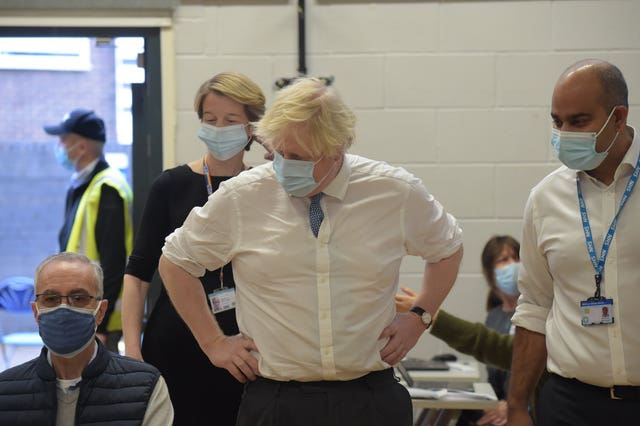

 #backto60 (@longtallshazza)
#backto60 (@longtallshazza)  just going round and round in circles on the website
just going round and round in circles on the website (@OwenJones84)
(@OwenJones84) 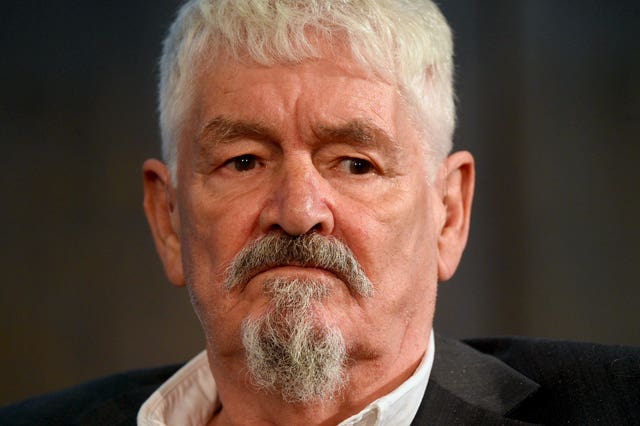

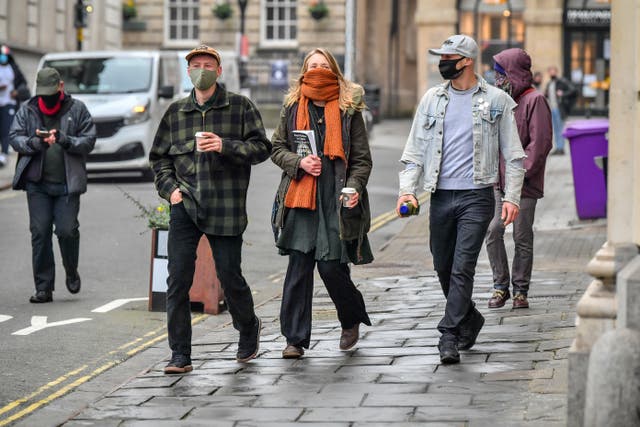

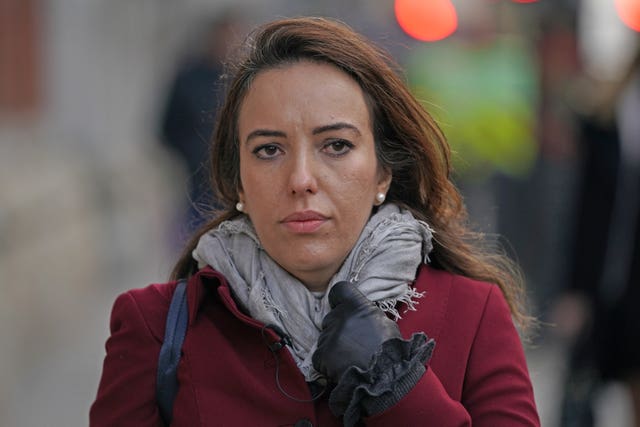
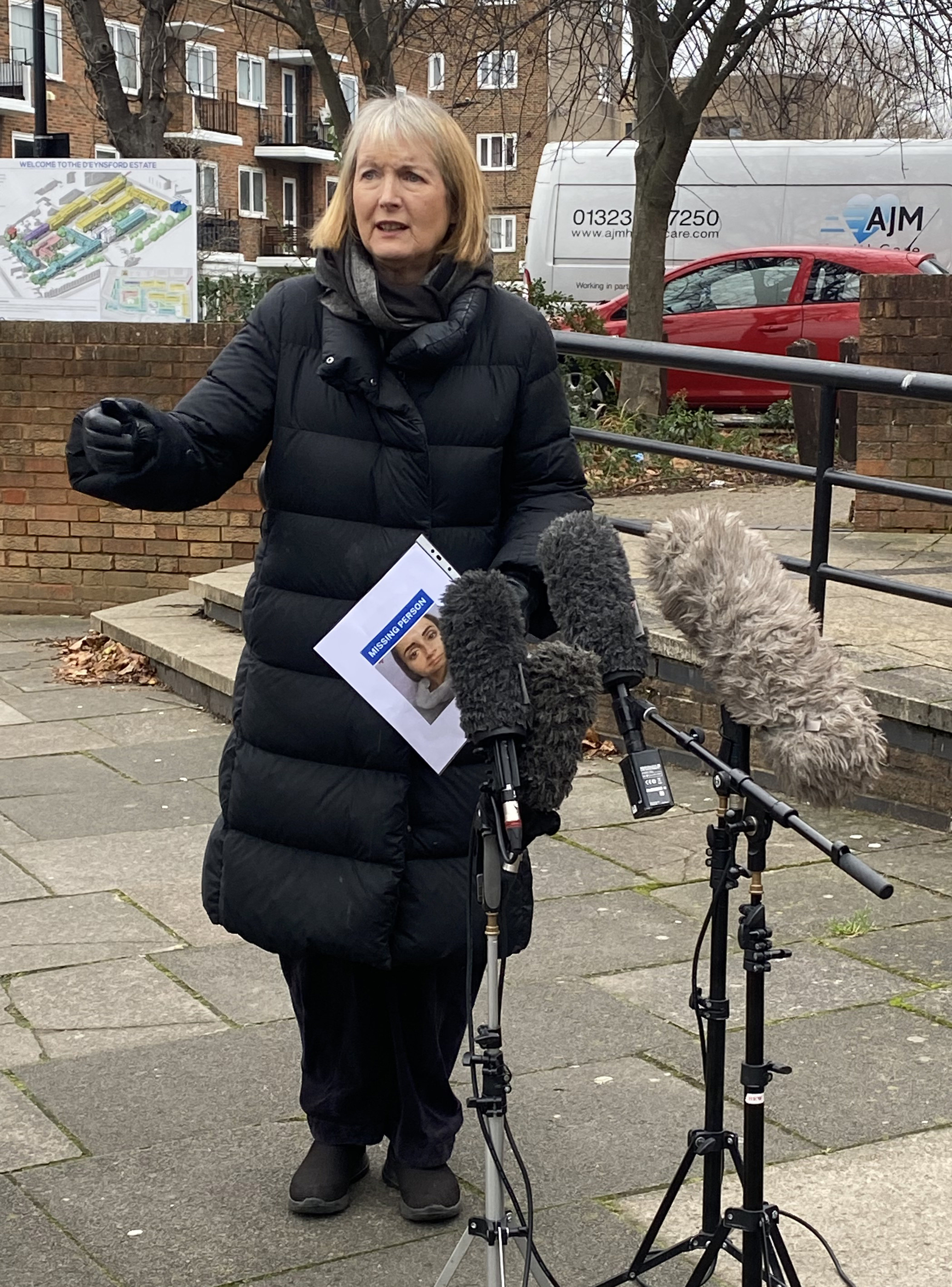
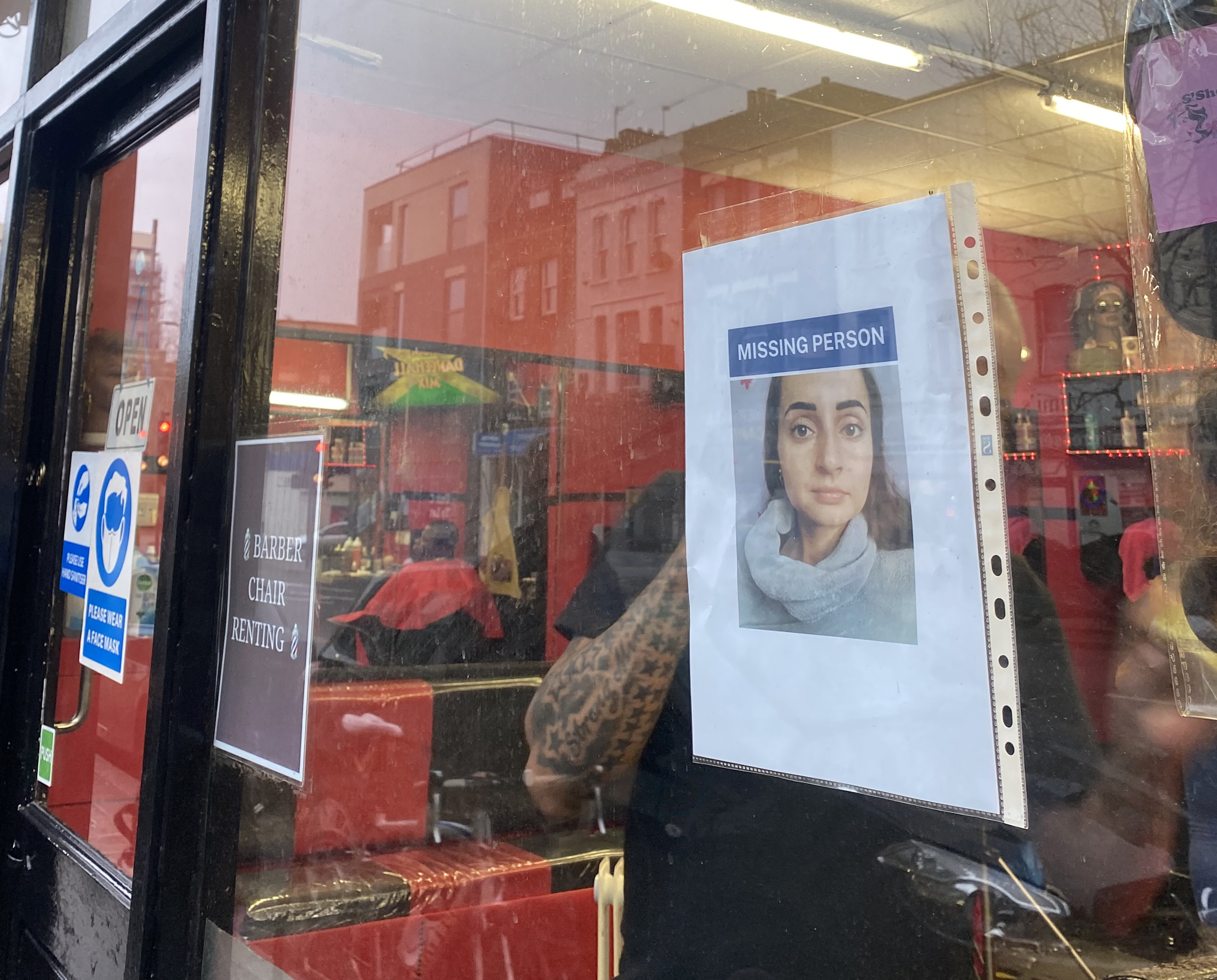
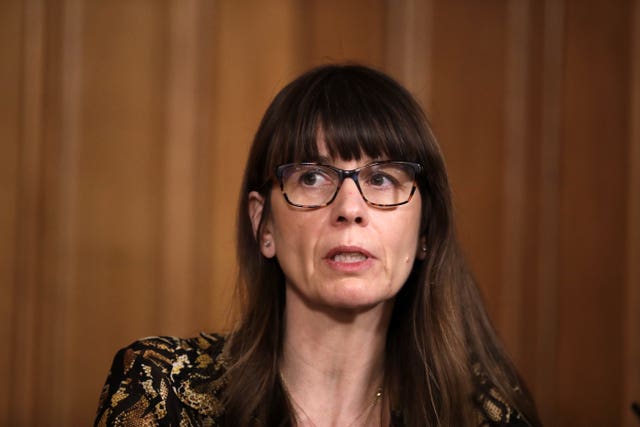

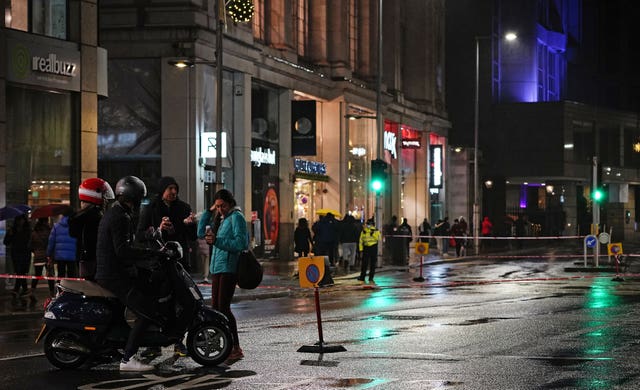
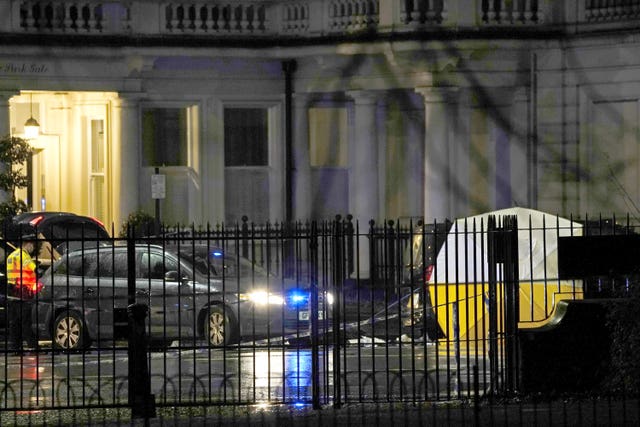



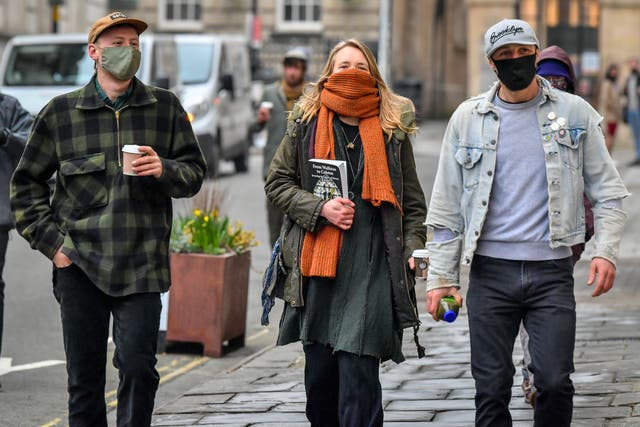


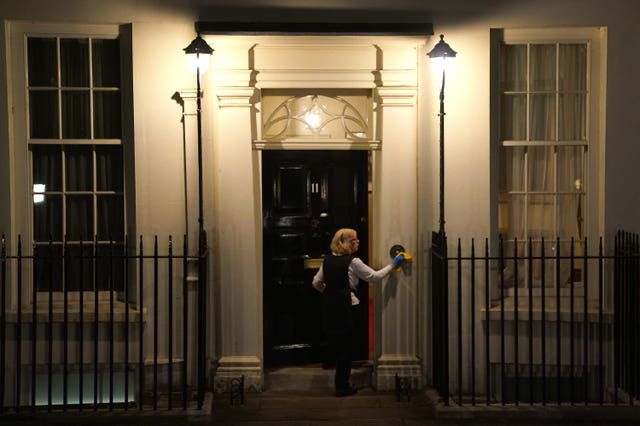
 was told in extremely blunt & unrepeatable terms by me in Jan and summer 2020 that his desire for secret donations to fund wallpaper etc was illegal & unethical. He pursued it throughout the year trying to keep me/others in dark & lied to Geidt/CCHQ to cover it up
was told in extremely blunt & unrepeatable terms by me in Jan and summer 2020 that his desire for secret donations to fund wallpaper etc was illegal & unethical. He pursued it throughout the year trying to keep me/others in dark & lied to Geidt/CCHQ to cover it up 
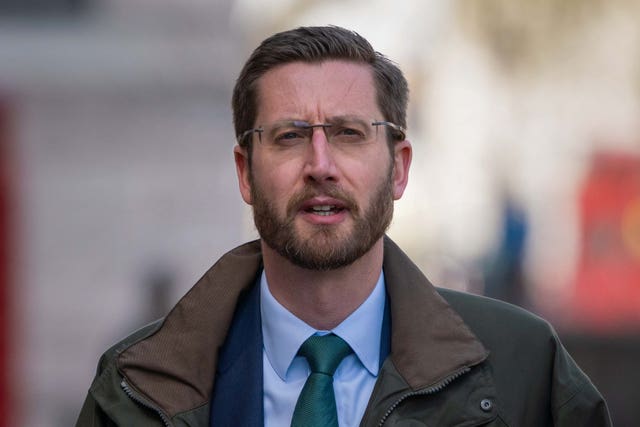
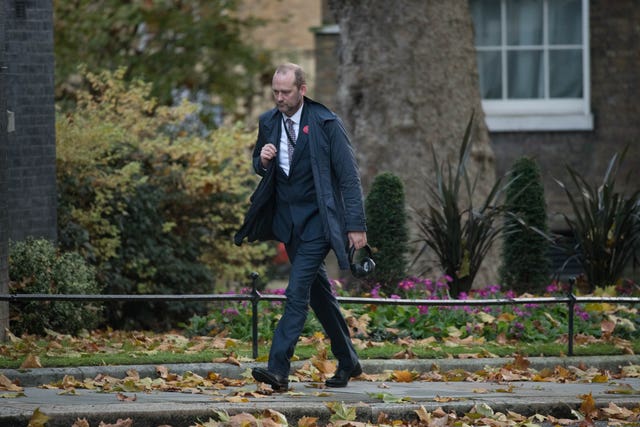
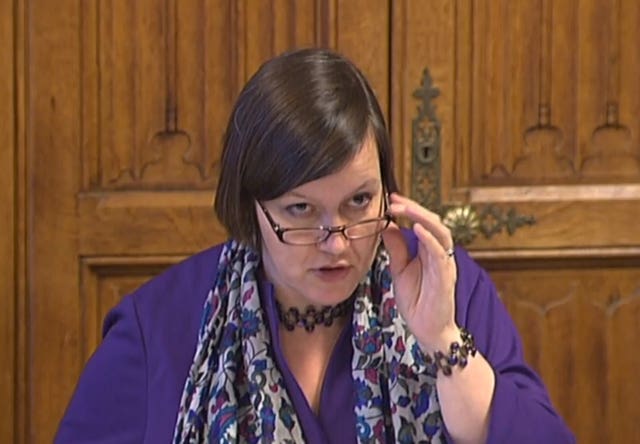


 (@FplFoxy)
(@FplFoxy) 



 (@Brigitt49577118)
(@Brigitt49577118)  (@hirimonsta)
(@hirimonsta)  (She/Her) (@rosiedrage1)
(She/Her) (@rosiedrage1) 
